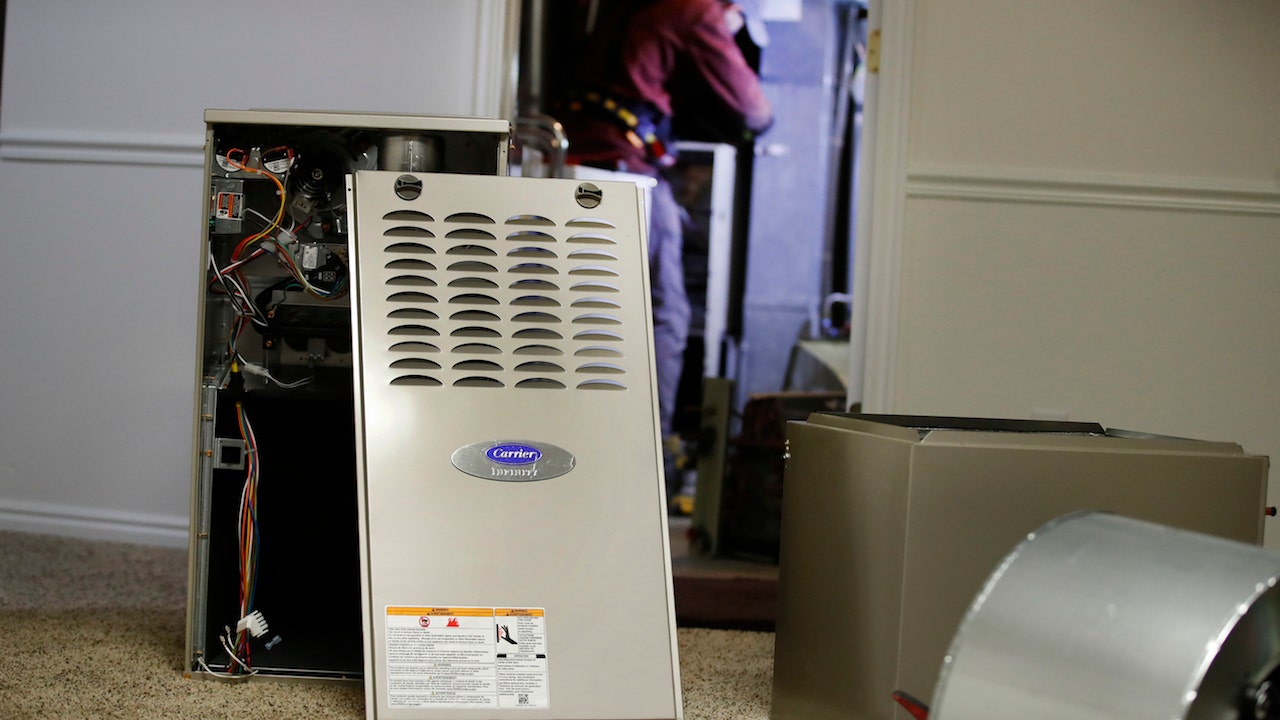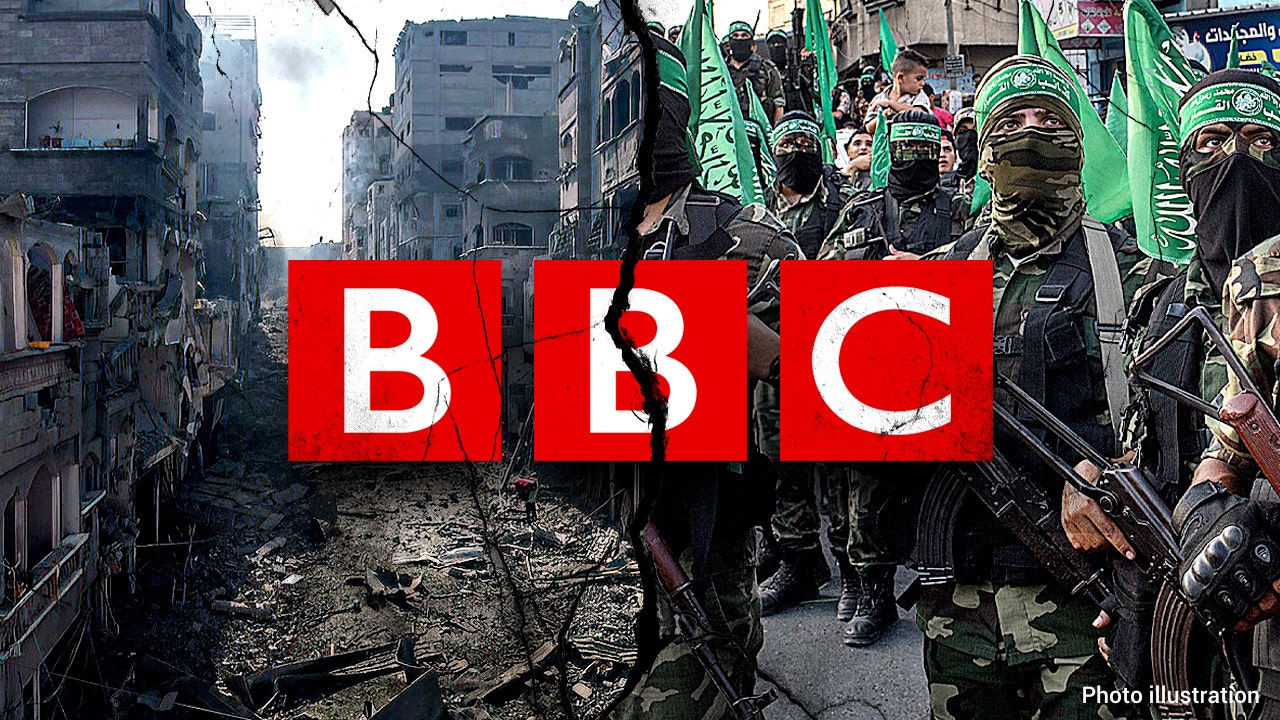As of this writing Israel has not responded to Iran’s massive attack against it Saturday night. British Foreign Secretary David Cameron relayed, after meeting with Israeli officials on Wednesday that it was “clear the Israelis are making a decision to act.”
“We hope they do so in a way that does as little to escalate this as possible,” Cameron added in his best impersonation of Lord Halifax in 1938, and that Israel is “smart as well as tough.”
Rear Admiral (USN, Ret.) Mark Montgomery reviewed with me on Wednesday morning all the ways the Jewish State could strike directly at Iran They are many and varied. Israel possesses ballistic missiles just as Iran does. It has a fleet of F-35 fighter planes which are not only stealth aircraft but may also be able to reach the known nuclear facilities and which may possibly be fitted to carry payloads robust enough to damage significantly those nuclear facilities. (Admiral Montgomery added that it is widely believed that Israel also possesses submarines with the capability to launch cruise missiles.)
The target list is long, from those nuclear sites both known to the public and those only known to intelligence agencies and to every system that could be crippled by Israel’s robust cyber warfare capacities. There are the headquarters and barracks of the Iranian Revolutionary Guard Corps, and of course oil refineries and power grid facilities. Montgomery’s 30 minute Q-and-A explains that what Israel strikes depends entirely on what goal it wants to achieve. There are different sorts of deterrence the long-time grand strategist opined. We don’t yet know which if any Prime Minister Netanyahu and his colleagues have settled on, or if they have settled on any at all. The weather and the phase of the moon, Montgomery added, are more variables to figure into this incredibly complex calculation.
CLICK HERE FOR MORE FOX NEWS OPINION
Very few media professionals have any serious idea what even is possible or what Iran might do in response. The leaks and counter-leaks to the media in Israel and the United States have created the proverbial “wilderness of mirrors.” For a civilian, much less anyone not in the Israeli War Cabinet meetings, to predict anything is absurd.
But long time observers of the undeclared (until Saturday) Israel-Iran War can say with some certainty that it hard to imagine any circumstance in which Israel would strike directly at the nuclear program if not now. Certainly not after Iran achieves nuclear weapon “break out.”
WHAT IS ISRAEL’S FIRST LINE OF DEFENSE, THE IRON DOME?
The mullahs escalated Saturday night to a massive direct attack on Israel. They intended savage harm. Some of the attack was directed at Israel’s nuclear site at Dimona. Some asset at the Knesset was targeted too. The comprehensive defense of the Jewish State mounted by it and its allies frustrated every projectile, and prevented terrible destruction and casualties but if Iran had developed a nuke, would they have used it? Can Israel ever tolerate even the near approach to “break out” after Iran dashed all the illusions of the “Iran just wants to be acknowledged as a leader in the region” crowd?
Iran is a theocracy led by fanatics. That it did not unleash Hezbollah’s 150,000 rockets and missiles on Israel could mean that Iran wanted the message to be clear that the state actor with the upper hand when it came to escalation was in fact Iran, and it was confident of its superiority to Israel if escalation occurred. Alternatively Iran could have acted as it did to prevent the ground invasion of Lebanon for which Israel has been preparing for the six months since 10/7. It is hard to “think like a religious fanatic.” We don’t know. And no American safe within our country can fully judge what Israel’s leaders must weigh in their deliberations and do so with their country’s long term interests in mind.
Israel’s Iron Dome defense system intercepts rockets fired from the Gaza Strip on Oct. 11. (Mahmud Hams / AFP via Getty Images/ iStock)
The “clarity window” for the West is, however, wide open right now. Israel has absolute justice on its side —now and for a few more days or perhaps a couple of weeks (at best) because the world moves on quickly and forgets even faster. Once “stability” returns the pressure on Israel to de-escalate will grow and grow by actors who just want to get “back to normal,” as though that is actually possible.
If Israel does not strike back now, it seems very likely it won’t strike back until it is either too late to do so or at least do so confident that a large portion of its friends in the West will applaud and, if not applaud, at least grudgingly acknowledge that it was obliged to do so.
The other new factor: The faith in the ability of high-tech intelligence capabilities to warn Israel of deadly attacks and thus to allow it to preempt those attacks is gone after the surprise of 10/7. Yes, warning was given this past weekend. Will it be the next time? Could Iran achieve strategic surprise in the way Hamas achieved tactical surprise on 10/7?
What is clear beyond any doubt that an Israel that does not respond soon with a devastating counter-strike is an Israel that will have forfeited deterrence against attacks of at least equal intensity. At a moment when the United States and the United Kingdom are both led by very weak governments beset by electoral considerations, Israel has to decide for itself: Will it be cowed?
If so, it is hard to imagine circumstances when the Israel of 10/6 can be regained.
Hugh Hewitt is one of the country’s leading journalists of the center-right. A son of Ohio and a graduate of Harvard College and the University of Michigan Law School, Hewitt has been a Professor of Law at Chapman University’s Fowler School of Law since 1996, where he teaches Constitutional Law. Hewitt launched his eponymous radio show from Los Angeles in 1990, and it is today syndicated to hundreds of stations and outlets across the country every Monday through Friday morning. Hewitt has frequently appeared on every major national news television network, hosted television shows for PBS and MSNBC, written for every major American paper, authored a dozen books and moderated a score of Republican candidate debates, most recently the November 2023 Republican presidential debate in Miami and four Republican presidential debates in the 2015-16 cycle. Hewitt focuses his radio show and this column on the Constitution, national security, American politics and the Cleveland Browns and Guardians. Hewitt has interviewed tens of thousands of guests from Democrats Hillary Clinton and John Kerry to Republican Presidents George W. Bush and Donald Trump over his 40 years in broadcast, and this column previews the lead story that will drive his radio show today.




 Video
Video